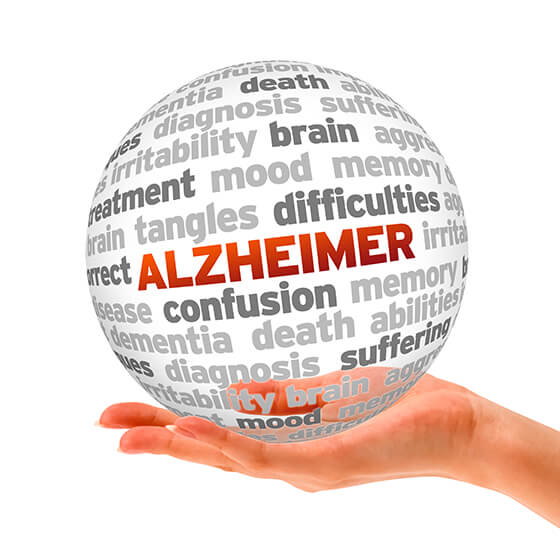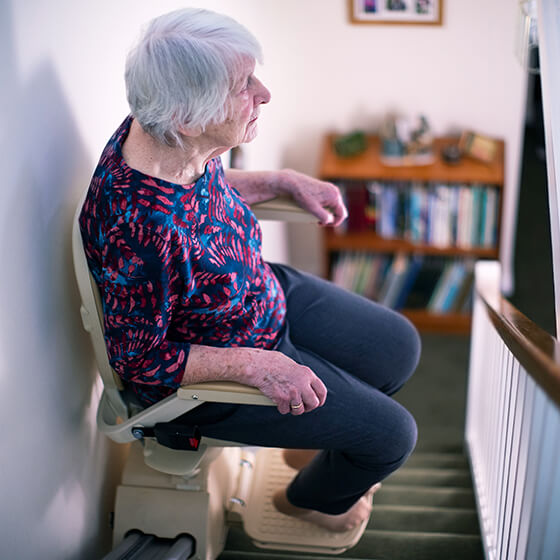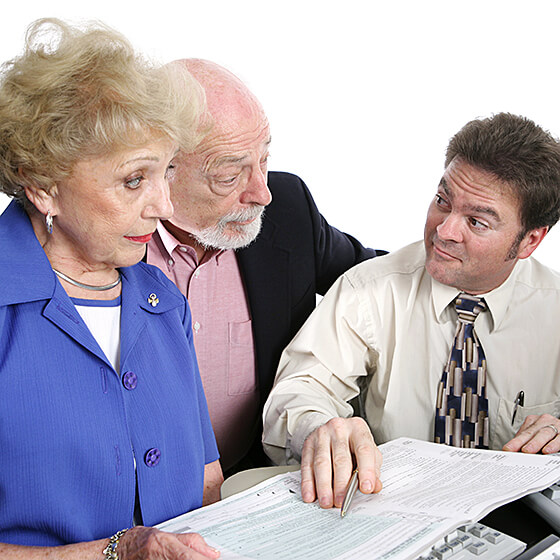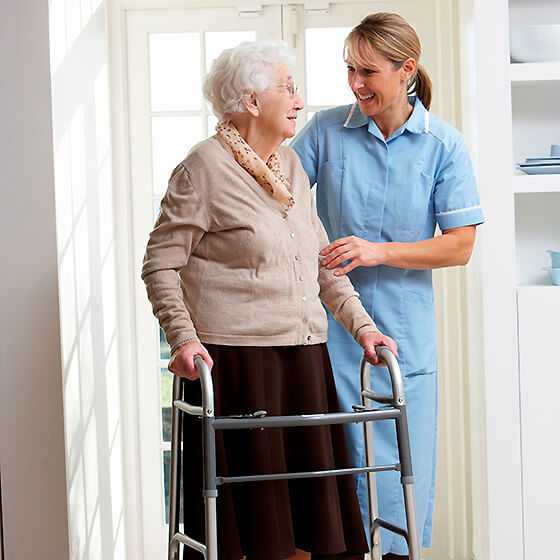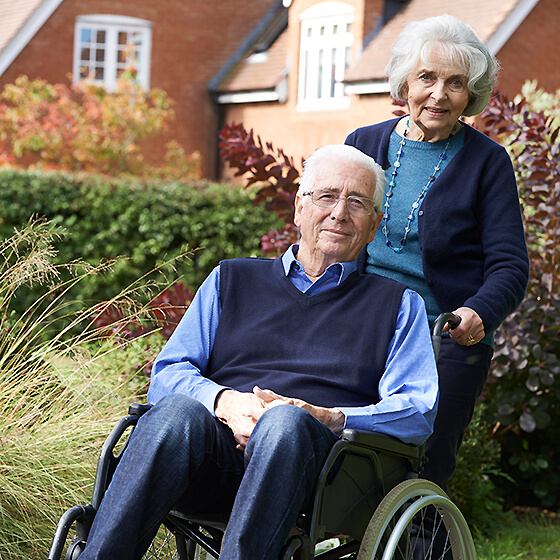Anosognosia and Alzheimer’s Disease: Coping Strategies
The relationship between anosognosia and Alzheimer’s disease has been well documented. It is a medical condition that inhibits their ability to develop the insight necessary to understand and acknowledge their specific condition. It is most common in people who have Alzheimer's disease however it is also common in those with bipolar disorder or schizophrenia. Anosognosia Diagnosis From the perspective of friends and family, it will be difficult to differentiate between denial and anosognosia. This is due to the varied experience of people with dementia or mental illnesses. Anosognosia, in particular,...Read More
